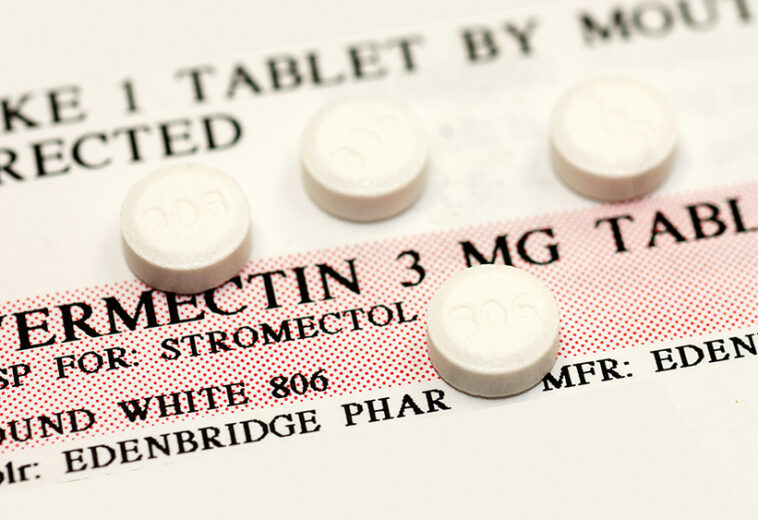Individuals who regularly consume sweetened drinks have an 85 percent higher risk of developing liver cancer and a 68 percent higher risk of dying from chronic liver disease than individuals who don’t. This is according to a recent study published in the Journal of the American Medical Association (JAMA).
The researchers behind the study explained that consuming sweetened beverages could drive insulin resistance and inflammation, which are both strongly linked to the development of liver problems like liver cancer. This is the first study to report an association between regular intake of sugar-sweetened beverages and chronic liver disease mortality.
“If our findings are confirmed, reducing sugar-sweetened beverage consumption might serve as a public health strategy to reduce liver disease burden,” said Dr. Xuehong Zhang, an associate professor of nutrition at the Harvard T.H. Chan School of Public Health and an associate professor of medicine at Brigham and Women’s Hospital in Boston.
The impact of daily consumption of sugary drinks on your liver
The study included nearly 100,000 postmenopausal women aged 50 to 79 years who were enrolled in the Women’s Health Initiative study from 1993 to 1998 at 40 clinical centers in the United States. The researchers monitored these women until March 1, 2020.
At the beginning of the study, the participants reported their usual consumption of soft drinks or fruit drinks except fruit juice. Three years later, they were asked how often they consumed artificially sweetened beverages.
On average, the women were followed for about 20 years, during which the researchers tracked self-reported liver cancer incidence and death due to chronic liver disease, such as fibrosis, cirrhosis or chronic hepatitis. Data was verified by medical records or the National Death Index.
During a median follow-up of 20.9 years, 207 women developed liver cancer and 148 died from chronic liver disease.
Compared with participants who consumed three or fewer servings of sugar-sweetened beverages per month, those who consumed one or more servings per day had significantly higher risks of liver cancer and chronic liver disease mortality.
Even after controlling for body mass index (BMI), the estimates remained largely unchanged, suggesting that the link between sugar-sweetened beverage consumption and adverse liver outcomes may exist independent of obesity, noted Zhang.
The researchers acknowledged a few shortcomings of the study. For one, it assumed the participants accurately reported how often they consumed sugary drinks. Additionally, the study was observational, meaning the findings don’t prove for certain that sugary drinks alone increased the participants’ risk of liver disease. Nevertheless, the study presents evidence that daily intake of sugary drinks could contribute to an elevated risk.
How sugary drinks contribute to chronic liver disease
According to Zhang, the following factors could be behind the association between sugary beverages and adverse liver outcomes:
Additional calories from sugary beverages. Consuming additional calories, especially when combined with a sedentary lifestyle, can contribute to being overweight or obese. Studies have strongly linked both to the development of liver diseases. However, it is worth noting that adjustments for BMI did not significantly change the risk in the study, so further studies are needed to confirm this.
Insulin resistance. Research shows that excessive consumption of fructose can contribute to dyslipidemia (abnormally high cholesterol levels), insulin resistance and adverse changes in the gut microbiome. These issues are known to negatively affect liver health. In addition, sugars in liquid form are rapidly absorbed by the body, so excessive consumption of sugary and artificially sweetened drinks could lead to metabolic conditions and liver problems.
Chemicals in sugar-sweetened drinks. Metabolites like taurine and phenylalanine, and other chemicals present in sugar-sweetened beverages, such as caramel color, citric acid, flavoring and organic diol, could also contribute to the health problems associated with drinking too much sugar-sweetened beverages.
Based on 2017 – 2018 data gathered by the Centers for Disease Control and Prevention, American adults on average consume 17 teaspoons of added sugar a day, which translates to about 270 calories. One teaspoon is equivalent to four grams of sugar.
To avoid heart disease and obesity, the American Heart Association recommends that adults limit their daily added sugar intake to no more than 150 calories, or nine teaspoons (36 grams), for men and 100 calories per day, or about six teaspoons (24 grams), for women.
Note that a 12-ounce serving of popular sugar-laden drinks typically contains:
- Coca-Cola Classic: 41 grams of added sugar (10 teaspoons)
- Minute Maid Orange Juice: 41 grams of added sugar(10 teaspoons)
- Starbucks Frappuccino: 40.5 grams of added sugar (10 teaspoons)
- Gatorade Thirst Quencher, Orange: 22 grams of added sugar (5 teaspoons)
The amount of sugar you can safely consume per day depends on your total caloric intake, activity level and other factors. In general, it’s best to avoid added sugars whenever possible because they do not provide any nutritional benefits.
A study published in the Journal of Hepatology also highlighted the fact that regular consumption of even moderate amounts of fructose- and sucrose-sweetened beverages can increase the production of fat in the liver. This event can lead to the development of fatty liver disease and Type 2 diabetes.
Artificial sweeteners or sugar substitutes can also alter your gut microbiota and cause dysbiosis — an imbalance in the composition of good and bad microbes in the gut. Gut dysbiosis is said to play a key role in the pathogenesis of many inflammatory diseases, such as atherosclerosis, rheumatoid arthritis, ulcerative colitis, Crohn’s disease and Type 1 and Type 2 diabetes. (Related: Study links use of artificial sweeteners to increased cancer risk.)
According to a study published in the EXCLI Journal, high intake of artificial sweeteners like aspartame, acesulfame potassium and sucralose ‘unequivocally and irrefutably’ disrupts the gut microbiota, which could also contribute to the development of non-alcoholic fatty liver disease (NAFLD).
Sugary foods and drinks have been linked to many chronic diseases. Learn which ones you can prevent by avoiding these unhealthy foods at FrankenFood.news.
Watch the following video for more information on how sweetened beverages contribute to chronic liver disease and liver cancer.
This video is from the Daily Videos channel on Brighteon.com.
More related stories:
Two studies reveal link between SUGAR consumption and CANCER.
Sugar is cancer’s best friend: Research reveals how it feeds tumors.
Cancer cells use sugar to divide; starving them of sugar can slow their progression.
Sources include:
Excli.de [PDF]
Originally posted: https://www.cancer.news/2023-09-05-sugary-drinks-increase-liver-disease-liver-cancer-risks.html


